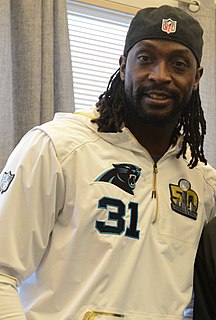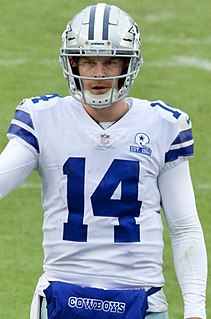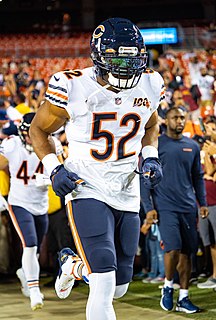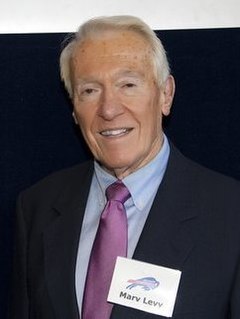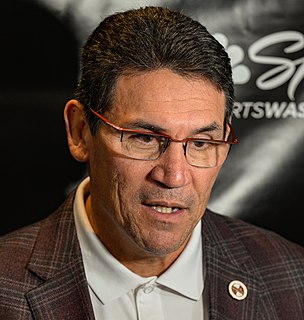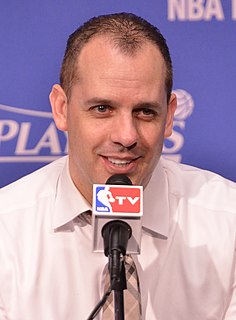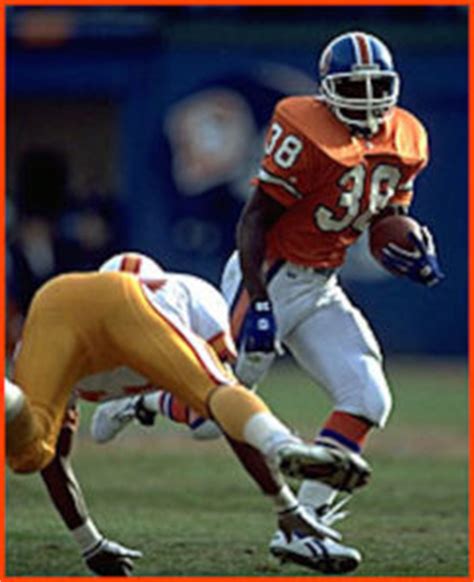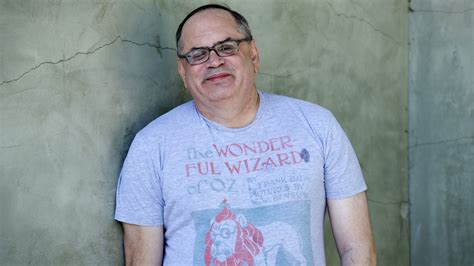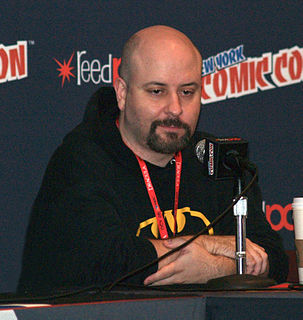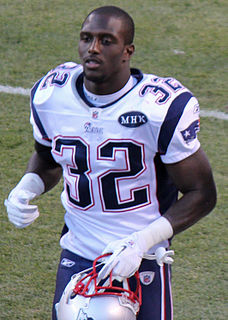A Quote by Charles Tillman
Defense is on the fly, it's reactive; you have to react to the offense. I have to prevent someone from doing something when they want to do it.
Related Quotes
"Chess has definitely helped me understand a lot of the strategy of football. In chess, good offense is often an exercise in putting multiple points of pressure on one square. In football, offensive play design (particularly passes) involves putting multiple points of pressure on one player." "In chess, you often give your opponent a move that looks strong for him, but it turns into a trap. Football is the same way. I've always thought of defense in football as being totally reactive. But now I understand the ways in which football defenses force the offense to make certain choices."
Artists react to tragedy by doing something both as a way for us as artists to process our pain and our grief and our loss and as a way to give something back and memorialize people that are lost. That always makes it far harder to compartmentalize things. As a species, should never get used to tragedy and we should do everything we can to prevent it from happening and to celebrate people loving people. We should all be lucky enough to be loved and to love someone in return. That's what this is about.
I think the NFL season starts with the first three or four games and all the predictions come out. You're either great on offense, bad on defense, great on defense, bad on offense. You're either going to have a Super Bowl chance or you won't. And I think after that, people kind of think everything's set in stone.
